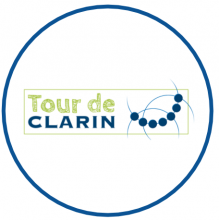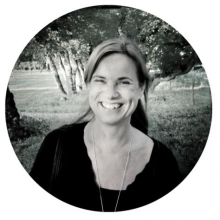News

The collection Grundtvig’s Works are published by the Grundtvig Center at the University of Aarhus and will contain 1000 text critical and commented editions of the printed authorship by N.F.S. Grundtvig when finalized in 2030. Since the Grundtvig Center itself does not offer the possibility for downloading the underlying files, CLARIN-DK was approached as a repository provider.

Lemmatizers generalize over the different forms of a word used in free text and provide its lemma, which is the base or dictionary look-up form. The CST lemmatizer learns lemmatization rules not only from word endings, and recognizes a wide variety of derivational patterns; e.g., prefixation, infixation, suffixation.

On 21 November 2018, CLARIN-DK experts organized an interactive workshop where they presented the use of Voyant Tools to lecturers and researchers at the Department of Nordic Studies and Linguistics at the University of Copenhagen.

Denmark has been a member of CLARIN since February 2012 and is one of its founding members.

In this Tour de CLARIN blog post, we present an in-depth interview with Susanne Nylund Skog, an ethnology and folklore researcher who collaborates with the SWELANG K-centre in the TillTal project.

The SWELANG knowledge centre is an information service offering advice on the use of digital language resources and tools for Swedish and other languages spoken in Sweden, as well as other parts of the intangible cultural heritage of Sweden.

Tour de CLARIN highlights prominent User Involvement (UI) activities of a particular CLARIN national consortium. This time the focus is on Italy and Beatrice Nava, a PhD student who uses digital methodologies in Classical Studies.

Since CLARIN-IT was established in 2016, its members have been organising a series of roadshow events aimed at the Italian Digital Humanities and Social Sciences community.

Read about LexO, a collaborative web editor used for the creation and management of (multilingual) lexical and terminological resources as linked data resources.